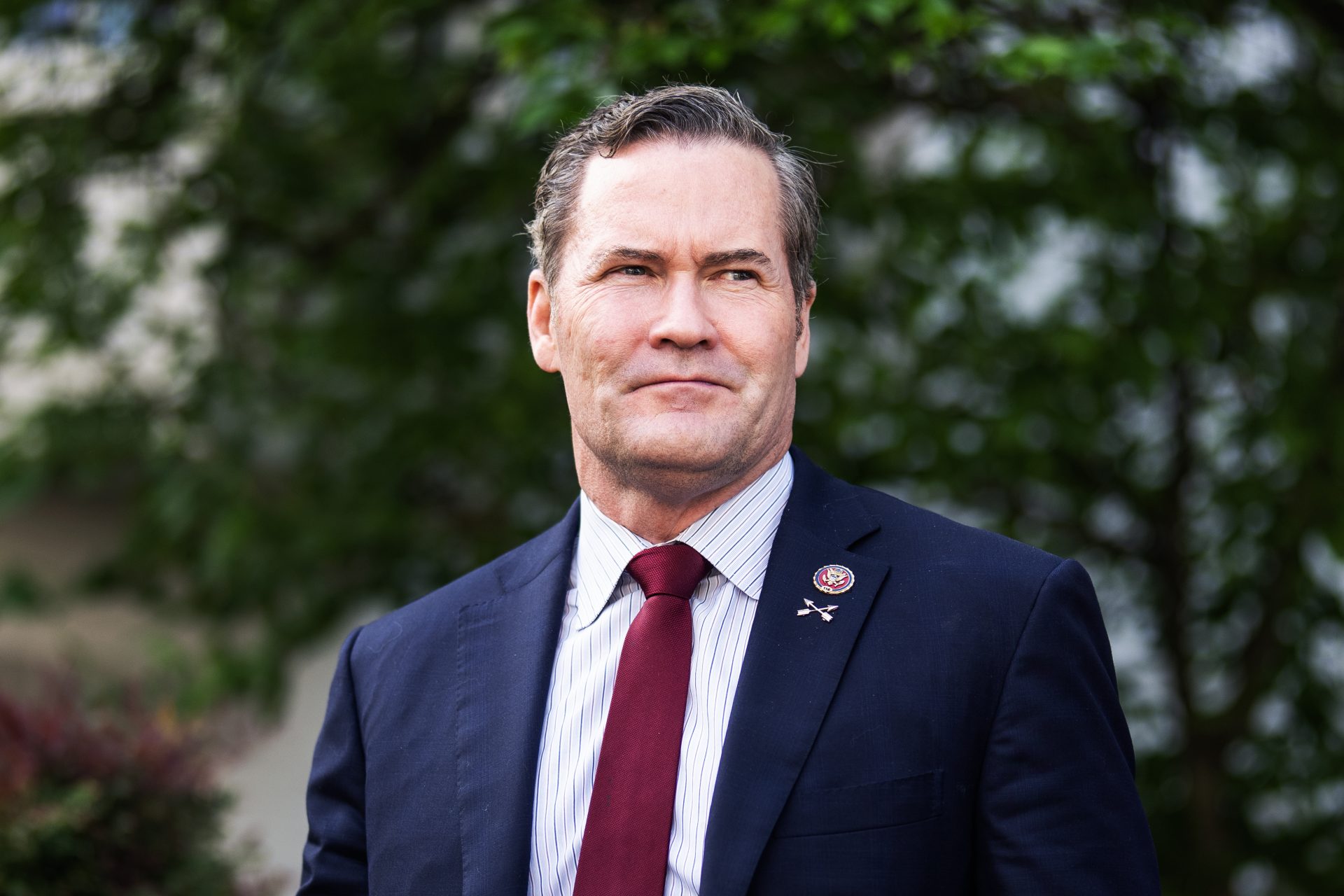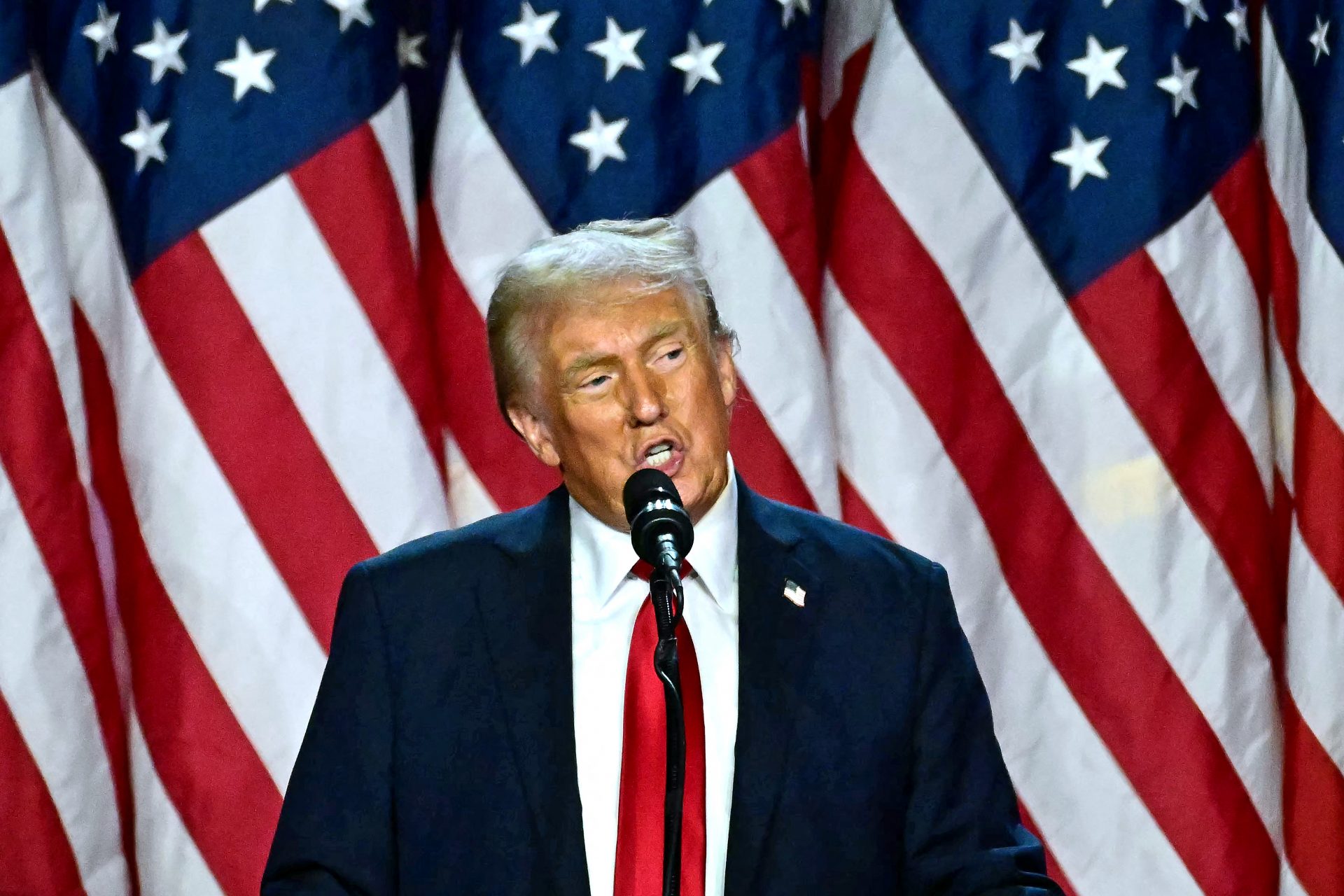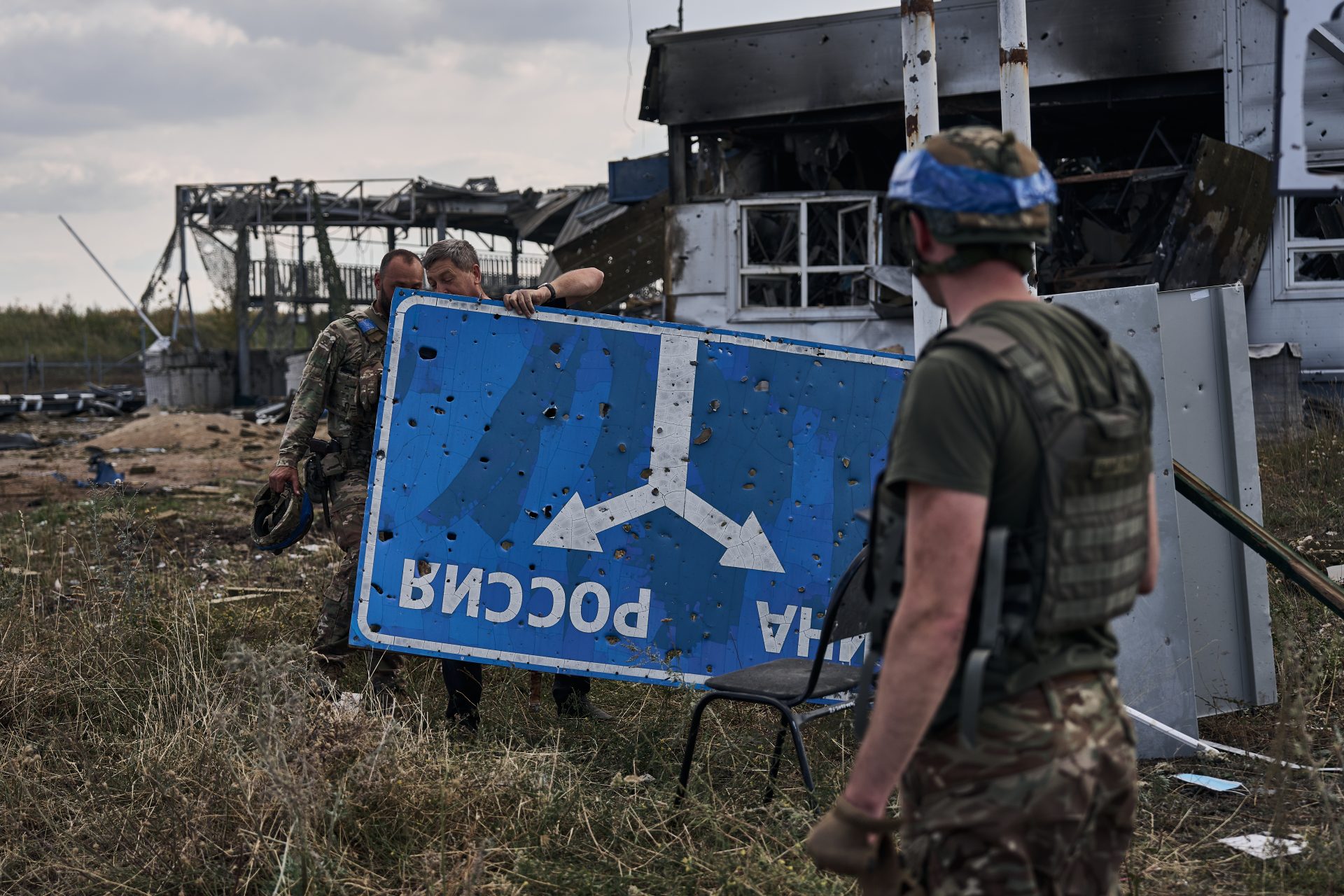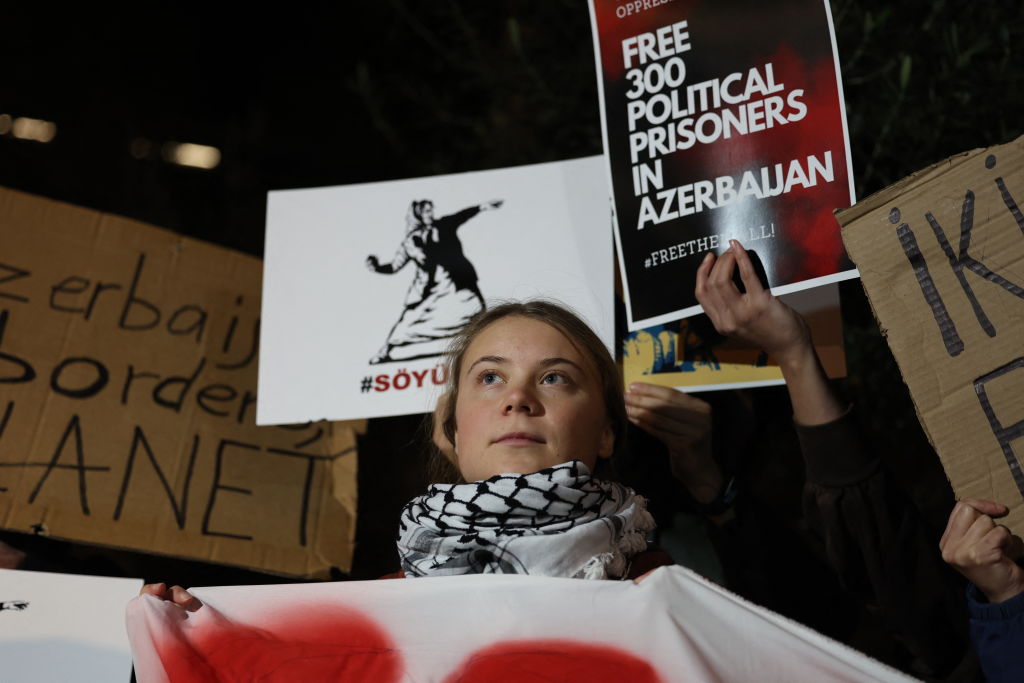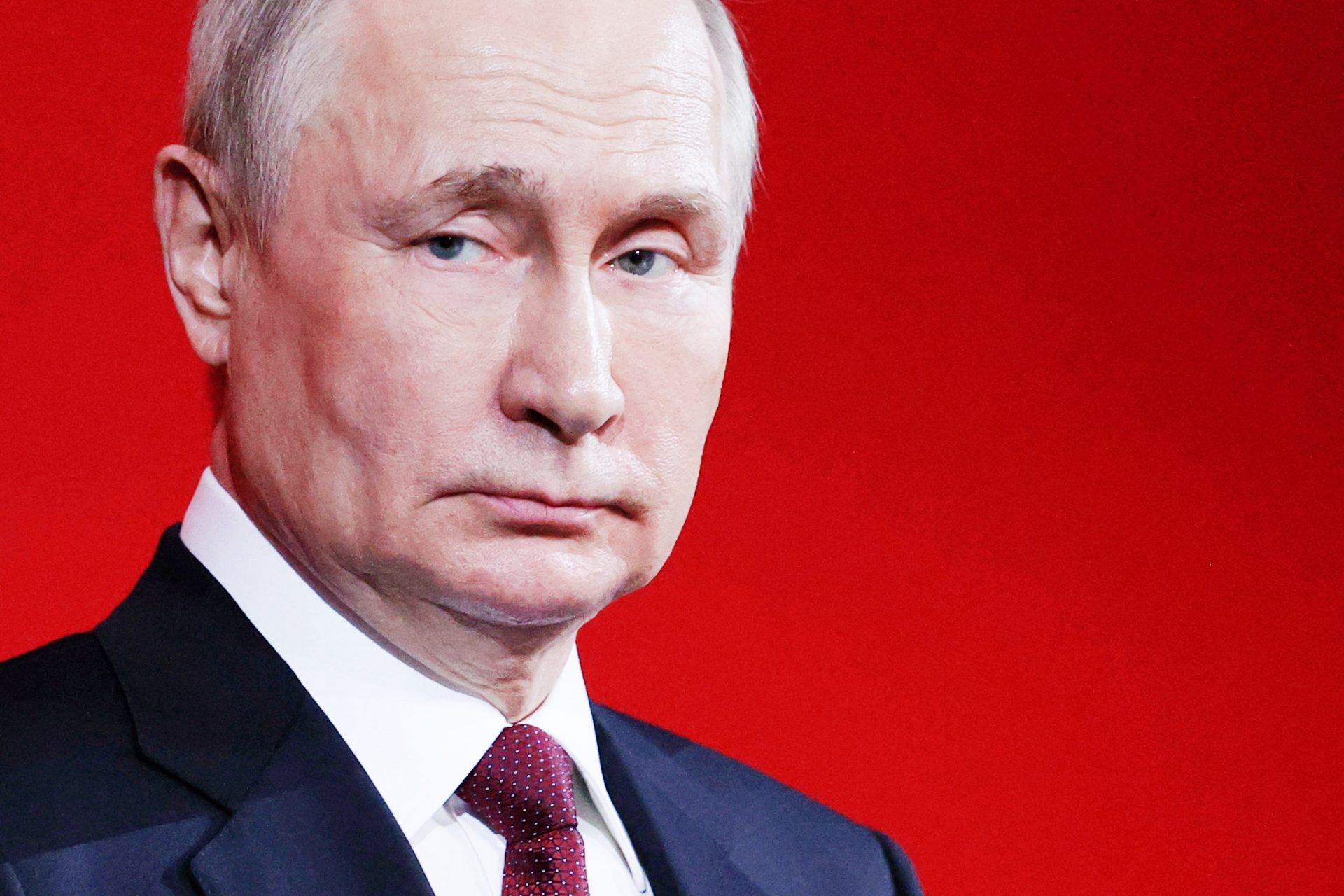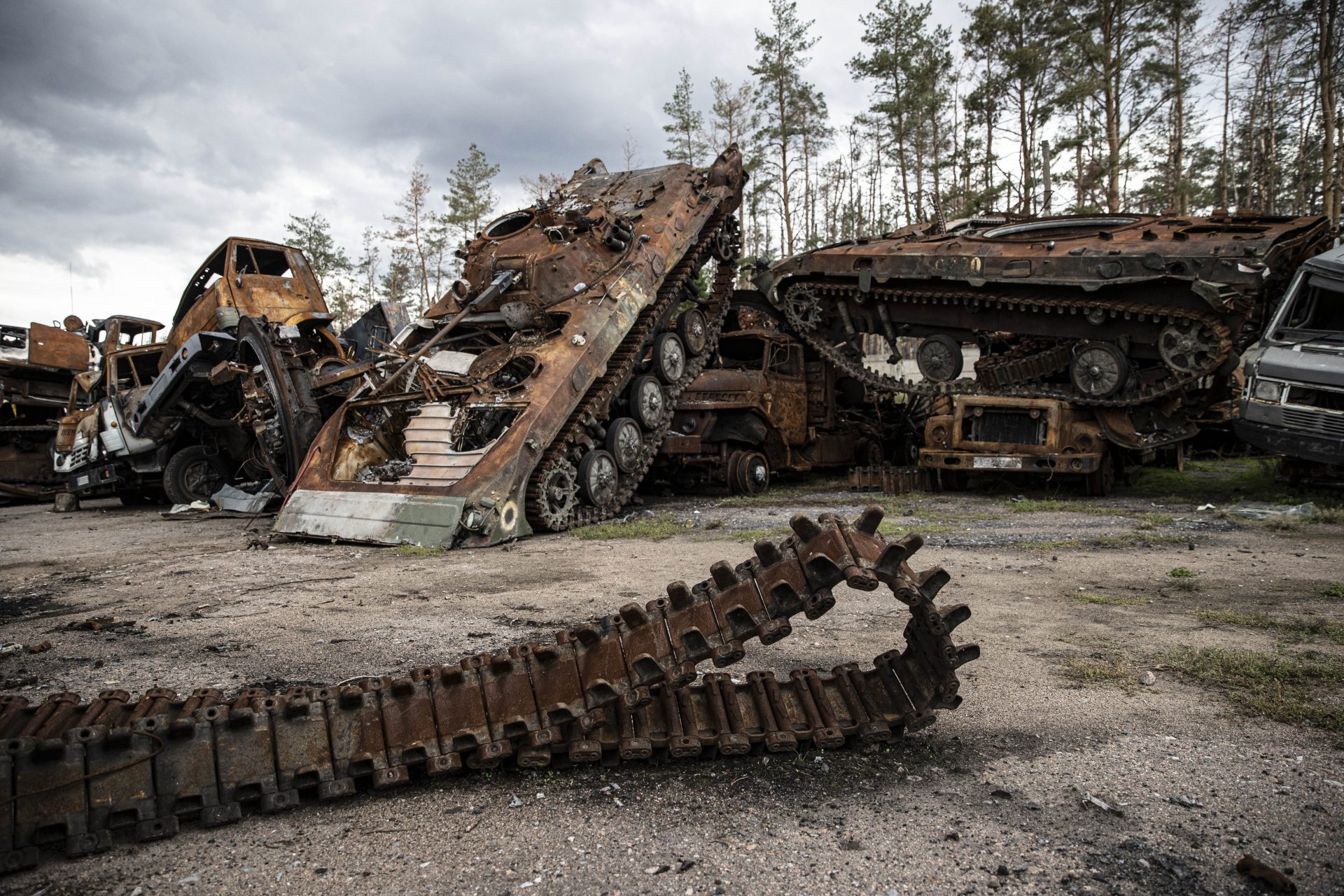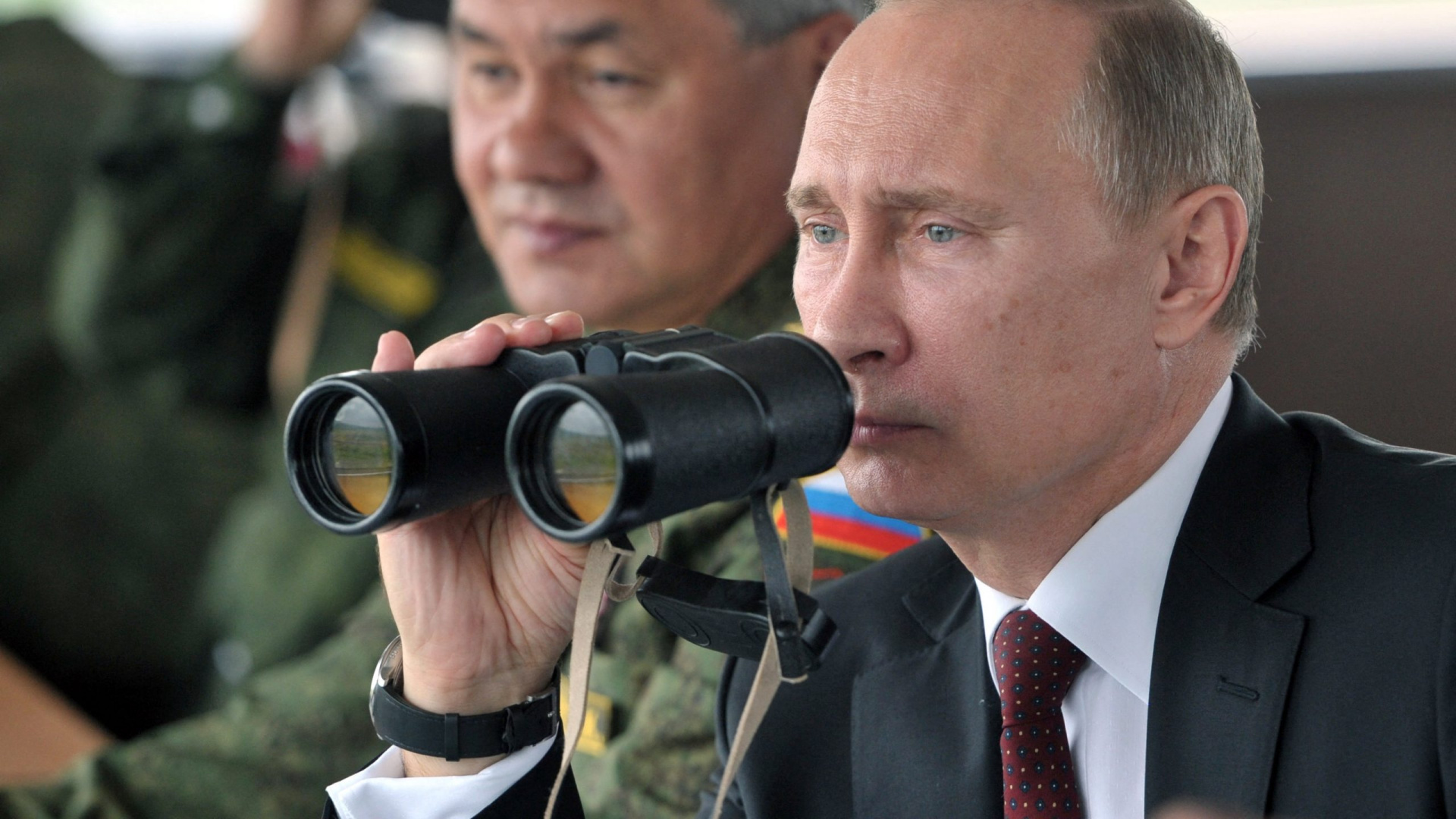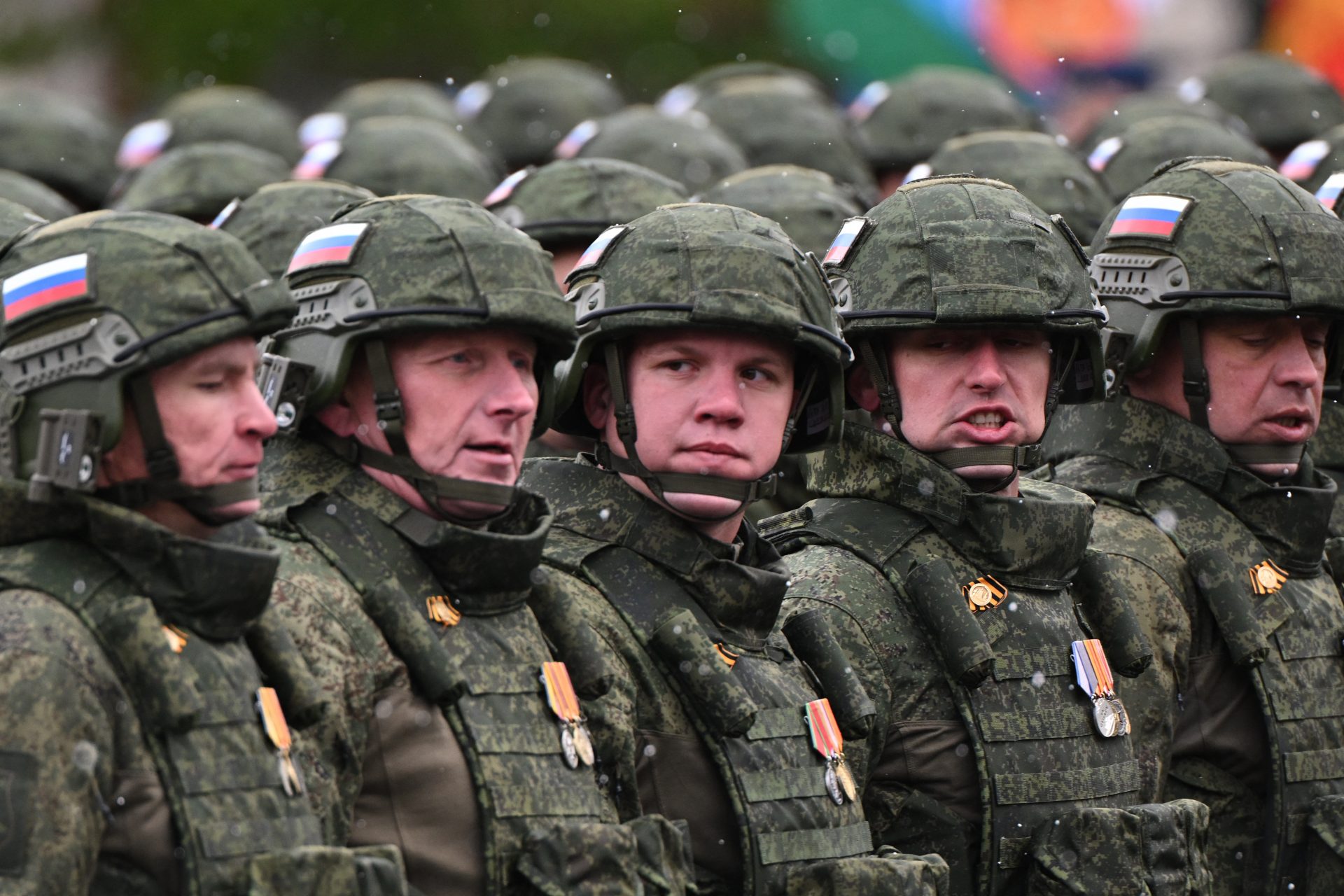Haitian police riot after gruesome gang murders, will US and Canada help?
Police in Haiti’s capital of Port-au-Prince rioted on January 27th after several officers were gruesomely murdered by the country’s violent street gangs.
Over one hundred police officers took part in the riots with citizens in Port-au-Prince according to Laura Gozzi of BBC News, during which they blocked streets and burned tires in Haiti’s capital city.
“Local media said several officers broke through the gates of the prime minister's residence and attempted to enter Haiti's international airport,” Gozzi added.
Police in Haiti are angry over a deadly string of targeted murders that have seen at least fourteen officers killed since the beginning of the year.
Some of the dead police officers' bodies have yet to be recovered from the gangs in Haiti, and gang members are using them to taut the country's police forces in online videos.
One video shows the naked bodies of six slain officers stretched out in the dirt with their weapons on their chests according to a CBS News report.
“Another video shows two masked men who [were playing with] the dismembered hands and feet of the dead men,” the report added.
Seven of the most recently murdered officers were killed during a January 25th shootout with gangs in Port-au-Prince, an incident that sparked Friday’s riots.
"We need a revolution," screamed one protester in the video of the riots obtained by CBS News."We are in the streets to fight, for our brothers and sisters who are victims of the bandits.”
Protesting Haitian police were joined by members of the public who are tired of the growing gang violence in their country and are hoping to bring about change.
“Many demanded tougher crackdowns on the gangs,” wrote the CBS News report, “and called for the end to [Ariel] Henry's administration, which many Haitians view as illegitimate.”
“Demonstrators broke down one of the gates outside Henry's home and a barrier at the Port-au-Prince airport, where [Henry] planned to make an appearance later in the day,” the report added.
Haiti has been in a near-constant state of emergency since the assassination of former president Jovenel Mïose in July 2021.
Henry took over as the acting head of government shortly after Mïose's death and worked to quash gang power in Haiti by ending the government's fuel subsidies, a move that only worked to unite Haiti’s factional gangs in a new group known as the G9 Family and Allies.
In October 2022, Henry appealed to the international community for help in dealing with Haiti’s gangs, a plan that United Nations Secretary-General António Guterres backed. But no country has yet to commit to sending troops to aid Haiti in its fight.
The UN estimates that close to 60% of Haiti is currently controlled by the country’s gangs according to Helen La Lime, the UN’s highest official in Haiti.
"Gangs have increasingly resorted to the deliberate killing of men, women, and children with snipers positioned on rooftops," La Lime told the United Nations Security Council during a January 24th emergency meeting.
"Dozens of women and children as young as 10 years old have been brutally [assaulted], as a tactic to spread fear and destroy the social fabric of communities under the control of rival gangs," La Lime added.
Unfortunately, the two countries most likely to assist Haiti—Canada and the United States—are reluctant to involve themselves in Haiti’s gang quagmire.
Canada’s ambassador to the United Nations Bob Rae said that any solution to the situation in Haiti “must be led by Haitians and by Haitian institutions.”
President Joe Biden has yet to comment publically on Haiti’s latest round of violence, but said in October 2022 that “the idea of sending American forces to Haiti is not on the agenda.”
More for you
Top Stories
























